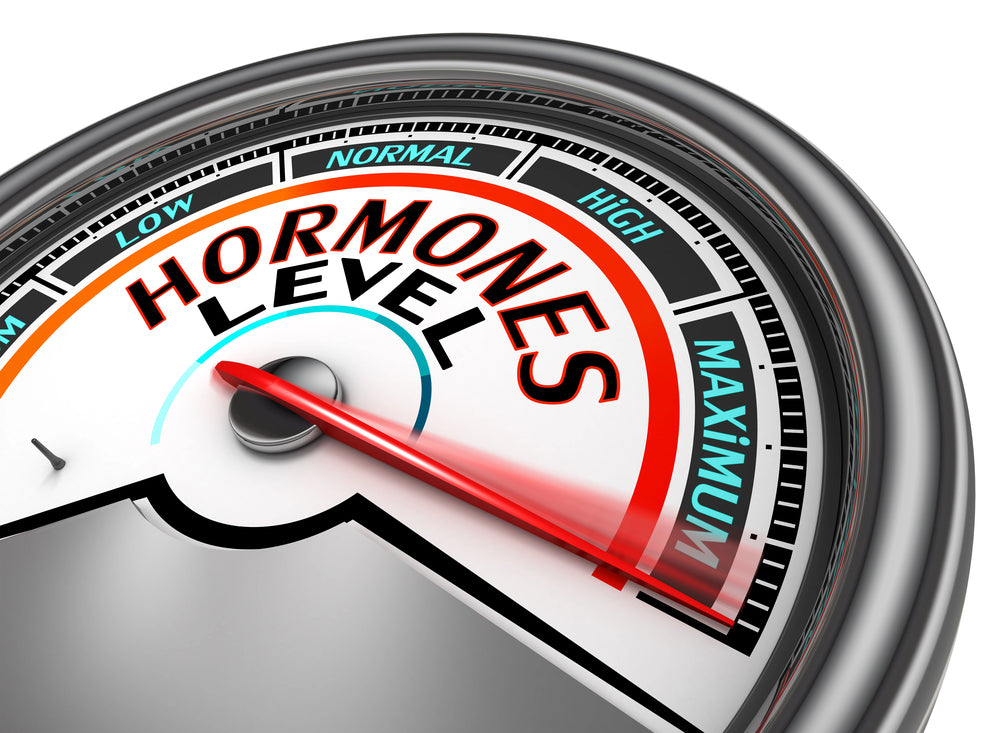Hormones play a vital role in the body for women and men, with many women experiencing profound effects due to their hormonal balance.
People are usually unaware that their diet plays a significant role in maintaining hormonal balance, which is crucial for overall well-being.
How does nutrition affect hormones and why is a balanced diet essential for hormonal health?
Understanding Hormones and Their Functions
The first step is to understand what hormones are and how they are produced.
In women, hormones are produced by the thyroid, adrenal glands, pancreas, and ovaries.
Hormones act as messengers, influencing mood, energy levels, reproductive health, and metabolism. They regulate essential functions such as growth and reproduction.
Key Hormones for Women
Key hormones for women include:
Estrogen: Supports female characteristics and reproductive health.
Progesterone: Regulates the menstrual cycle and pregnancy maintenance.
Insulin: Manages blood sugar levels and energy utilization.
Relationship between Macronutrients and Hormones
The essential macronutrients are protein, fats and carbohydrates.
Protein:
- Is essential for hormone production, such as insulin.
- Influences hunger hormones like ghrelin and leptin.
Sources of protein include lean meats, fish, eggs, dairy, legumes, and nuts.
Fats:
- Are needed to synthesize hormones like estrogen and progesterone.
- Healthy fats (omega-3 and omega-6) support balanced hormone levels.
Sources of healthy fats include fish, flaxseeds, chia seeds, walnuts, and avocados.
Carbohydrates:
- Provide energy for hormone production.
- Impact insulin levels and overall hormonal balance.
Complex carbohydrates are found in whole grains, fruits, vegetables, and legumes.
Relationship between Micronutrients and Hormones
Essential micronutrients are an important group of nutrients your body needs. They include vitamins and minerals.
Vitamins are necessary for energy production, immune function, blood clotting and other functions. Meanwhile, minerals play an important role in growth, bone health, fluid balance and several other processes.
Vitamins:
- Vitamin D: Aids in calcium regulation and reproductive hormones.
Sources of vitamin D include sunlight, fatty fish, and fortified dairy products.
- B Vitamins: Essential for energy production and hormone balance.
B vitamins are found in whole grains, meat, eggs, and dairy.
- Vitamin E: Protects hormone-producing glands from damage.
Sources of vitamin E include nuts, seeds, and green leafy vegetables.
Minerals:
- Magnesium: Regulates hormone release from the pituitary gland.
Sources of magnesium include dark chocolate, leafy greens, nuts, and seeds.
- Zinc: Crucial for hormone synthesis and utilization.
Zinc is found in meat, shellfish, legumes, and seeds.
- Iodine: Necessary for thyroid hormone production.
Iodine sources include iodized salt, seafood, and dairy products.
As you can see, nutrition plays a crucial role in maintaining hormonal balance and overall health. A diet rich in essential nutrients is a must to support optimal hormonal function.
How Do I Know How to Plan Meals for Optimal Hormonal Health?
The Eat Well, Feel Great! Nutrition Program will show you how easy it is to feed yourself to create and maintain good health. The program separates fact from fiction and provides basic, true nutrition concepts so you can achieve the level of health you want. The information in this program is easy to understand, rooted in natural health care and based on the science of the body.
Even the most informed person has benefited from this program. Often, they learn something new. Many hear something valuable they learned in the past but had forgotten, and they realize they never implemented into their life.
Even experienced health care professionals have shared with us that they didn’t fully understand certain nutritional concepts until they completed this program.
Click here to find out more about the Eat Well, Feel Great! Nutrition Program.

